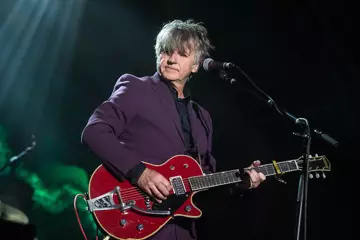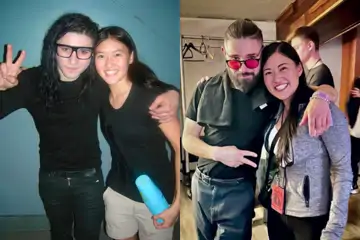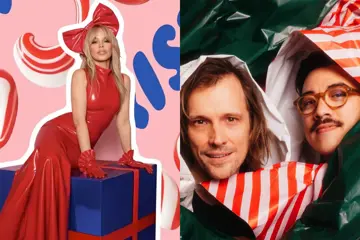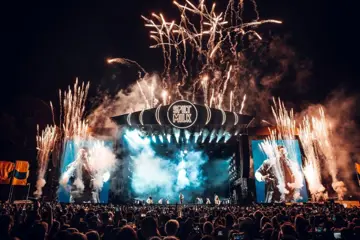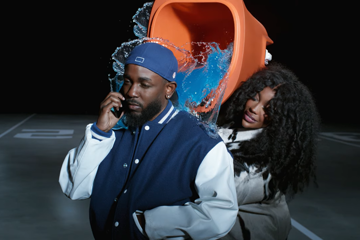For the uninitiated, Disrupted is a “festival” of a different sort. Staged in a library, it brings together scholars, artists, unique thinkers and diverse lived experiences. Collectively they create an unhurried series of conversations, addresses, performances and interactive experiences that interrogate our assumptions and present thought-provoking ideas.
This year’s Disrupted hones in on the intersection of technology and society, a topic of crucial interest as our world’s politics play out on social media, and our experiences are increasingly mediated by devices.
In being invited to create and perform music between speakers at Disrupted, I’ve been positioned to consider both music’s formal relationships to technology, as well as its place within the cultural implications at hand.
Music-makers today work along peculiarly blurred lines of the old and new; the electronic and acoustic, the programmed and the spontaneous. Computers emulate drum machines emulating acoustic instruments, while acoustic sounds are readily processed to reproduce the aesthetics of synthesisers and virtual digital instruments.
Don't miss a beat with our FREE daily newsletter
Making music for Disrupted, I’ll be endeavouring to explore many different iterations of these relationships, bringing on board older musical technologies (violin, guitar, voice); 20th-century innovations (theremin, synth, electronic effects) and more novel devices (sculptural sample-triggers and software-driven generative music).
Beyond merely presenting these technologies and possibilities arising, questions can (and should) be asked about what music and technology mean to us in contemporary life. How different genres or sounds unite heterogenous groups of people; how our modes of listening influence our perceptions and social spaces.
Music today is also readily promoted for its use value: Spotify and similar services sort music in playlists designed to motivate, induce sleep or meditation or soundtrack a road trip or study session. This is nothing new: “dinner party” compilations and the like have existed almost as long as recorded music, and for far longer music has been created and catalogued according to its effective or ceremonial usefulness.
New technology essentially allows for the quicker production of ever more specific “use-music,” arrangements of sound that are often both considered and disposable. In its most common format this approach to music serves to enhance advertising and other commercial ventures; in a more highbrow context, it may appear in conceptual formats such as Brian Eno’s Music For Airports et al.
Music made for reasons beyond an artist’s personal expression or success is arguably undervalued in our highly individualistic society, and in creating a music backdrop for a festival ideas, it’s worth asking the simple questions: what sounds might be conducive to a thoughtful, reflective, stimulating environment? How do you make music that’s both compelling and unobtrusive? How will certain sounds play out against the architecture, thematic atmosphere, time of day and weather?
A weekend of music-making in this vein presents an opportunity to unfurl and really dig into these kinds of basic, but always intriguing, questions. Meanwhile, a wild array of conversations and perspectives will air and mingle in an open-ended way. I’m looking forward to attempting to “disrupt” - and being disrupted - in equal measure.
Head to Disrupted Festival website for all the details.




